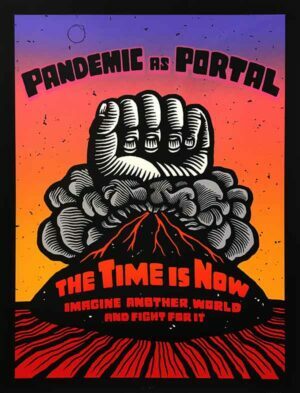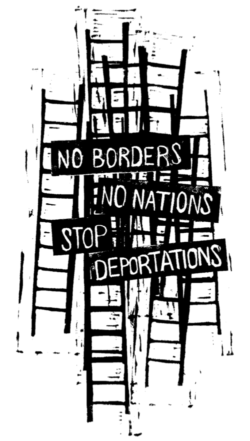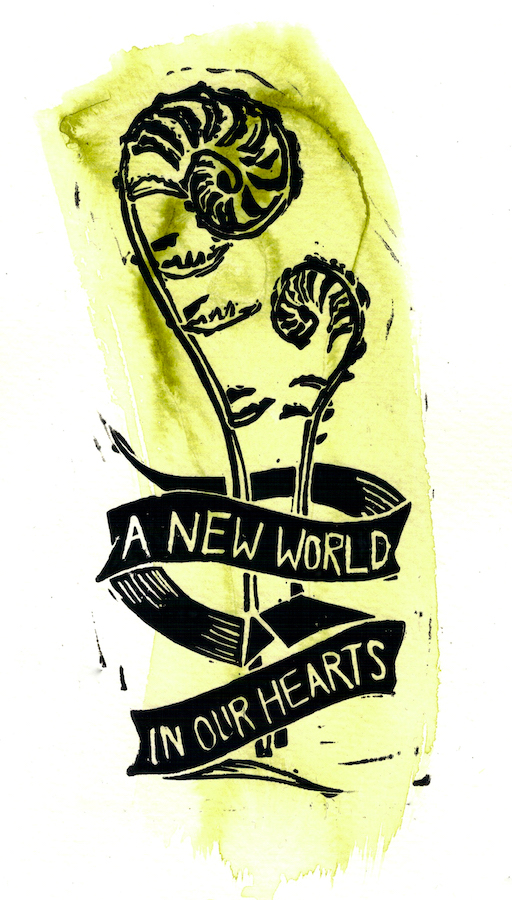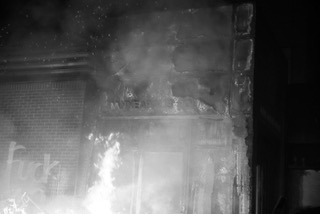The Future, Prewritten? Popular Vision and the Fight Against Displacement
by Andrew Lee
(art by Kill Joy) Finite Frontiers No matter how we approach it, we can all see the way the future is shaping up. We are forced to admit it will be shaped by better bandwidth and higher processing speeds. Our phones now speak back; the … Read more









